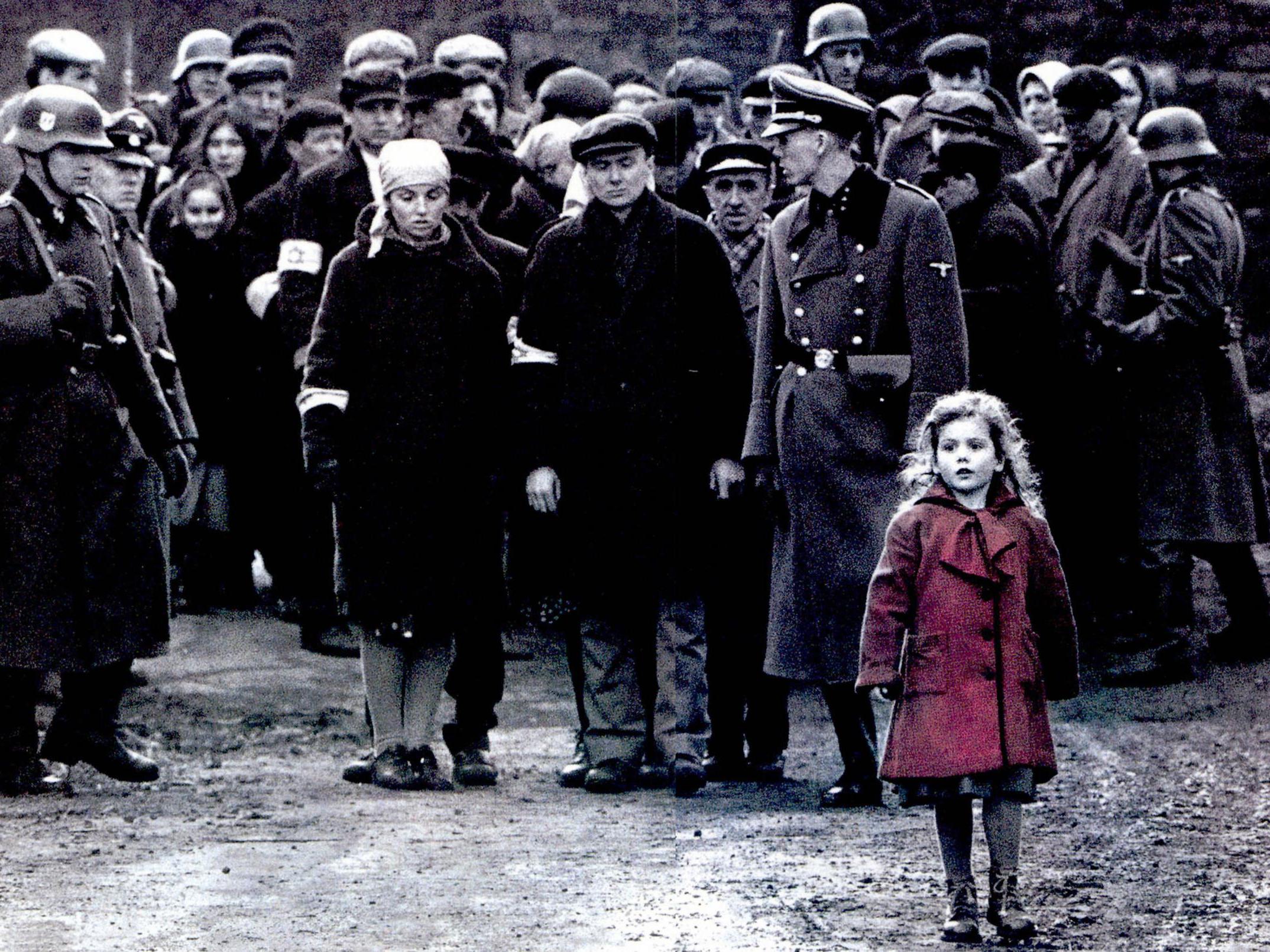German cinema offers free tickets to Schindler’s List to far-right AfD party members
Party questions Germany’s post-Second World culture of atonement with some members marching alongside neo-Nazis during protests Chemnitz protests

Your support helps us to tell the story
From reproductive rights to climate change to Big Tech, The Independent is on the ground when the story is developing. Whether it's investigating the financials of Elon Musk's pro-Trump PAC or producing our latest documentary, 'The A Word', which shines a light on the American women fighting for reproductive rights, we know how important it is to parse out the facts from the messaging.
At such a critical moment in US history, we need reporters on the ground. Your donation allows us to keep sending journalists to speak to both sides of the story.
The Independent is trusted by Americans across the entire political spectrum. And unlike many other quality news outlets, we choose not to lock Americans out of our reporting and analysis with paywalls. We believe quality journalism should be available to everyone, paid for by those who can afford it.
Your support makes all the difference.A German cinema has found itself at the centre of a political row after offering free tickets to members of the right-wing populist Alternative for Germany (AfD) party to see the Holocaust film Schindler's List.
Director Steven Spielberg cited a “renewed cycle of hate” in society behind his decision to bring the film back to cinemas around the world, hoping it would provoke discussion.
But some members of the AfD have called the offer of free tickets from the Cinexx cinema a “tasteless instrumentalisation” and a “senseless provocation”.
However, members of left-leaning political parties and others in Germany have praised the offer.
They point to AfD’s penchant for reciting slogans like “Germany for the Germans,” for questioning the country’s post-Second World War culture of atonement and for being willing to march alongside neo-Nazis during protests in the eastern city of Chemnitz.
The Cinexx theater in Hachenburg, which offered the free viewing last month when it published its January schedule, said in a statement: “We see ourselves as a meeting place; films are windows on the world and initiate discussion in society.”
“We are in no way asserting that those who vote for the AfD are Nazis - everyone has to judge for themselves whether they need clarification about history,” the cinema said.
They added that free tickets were regularly offered to different groups, including migrants, women and children.
Karin Leicher, who runs the cinema, told regional broadcaster SWR that she realised the offer was provocative, “but if someone feels the need to insult and threaten us, then they obviously feel addressed” by it.
Asked about his decision to re-release the film, Mr Spielberg said that he saw an increasing need for parents and educators to teach the next generation about the horrors of the Holocaust as an antidote to rising antisemitism.
“With this renewed cycle of hate,” Mr Spielberg told The New York Times in December, “I thought it could open up a conversation that genocide can happen anywhere when an ordinary society goes wrong.”
Students across the United States were offered free admission to screenings when the film reopened in December.
A survey released last year found that as time passes, knowledge of the Nazis’ mass genocide is receding among adults in the United States.
In Germany, where remembrance of the Holocaust and the commemoration of its victims have been the cornerstone of a post- Second World War history, a recent survey indicated that less than half of people age 18 to 34 said they knew “very little” about the Holocaust.
New York Times
Join our commenting forum
Join thought-provoking conversations, follow other Independent readers and see their replies
Comments